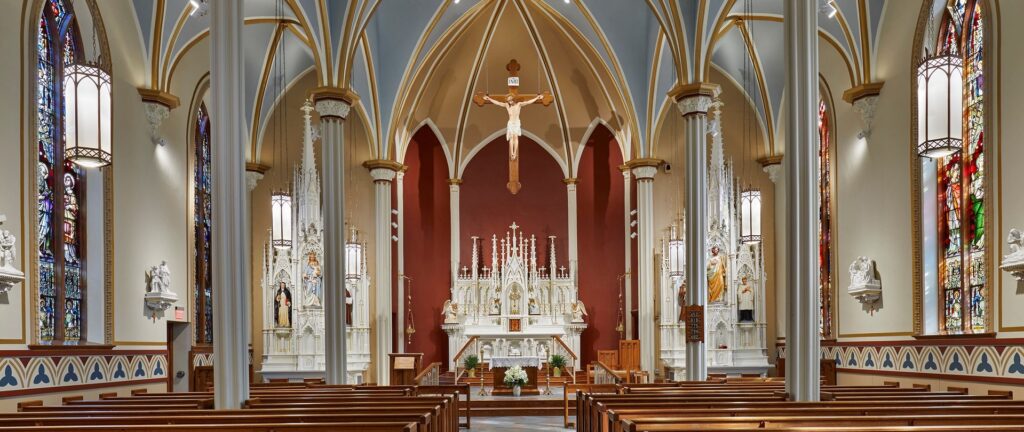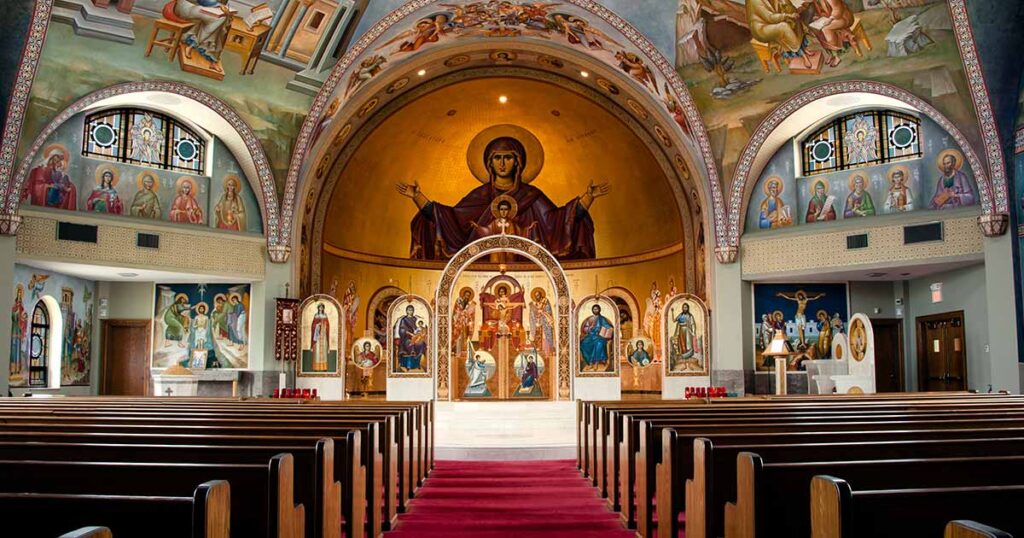
Orthodox Church
The Orthodox Church, also known as the Eastern Orthodox Church, is one of the oldest Christian denominations in the world, with a rich history spanning over two millennia. This branch of Christianity originated in the Eastern Mediterranean, and its beliefs and practices are closely tied to the traditions of the early Christian church.
The Orthodox Church traces its roots to the Apostles, the first followers of Jesus Christ, who spread his teachings throughout the Mediterranean world. One of the earliest centers of Christianity was in Jerusalem, where the Apostle James the Just was the first bishop. In the centuries that followed, Christianity spread throughout the Roman Empire, and it was eventually recognized as the state religion of the Byzantine Empire.
The Byzantine Empire, also known as the Eastern Roman Empire, played a crucial role in the development of the Orthodox Church. The Byzantine Emperor Constantine the Great, who ruled from 306 to 337, played a key role in the establishment of Christianity as a legal religion in the Roman Empire. His successor, Emperor Theodosius I, made Christianity the official state religion of the empire in 380.

In the centuries that followed, the Byzantine Empire became a center of Christian scholarship and theological thought. Many of the most important figures in the history of the Orthodox Church, including Saints Basil the Great, Gregory of Nazianzus, and John Chrysostom, were active during this period. These theologians helped to shape the doctrine and practice of the Orthodox Church, and their writings continue to be studied and revered by Orthodox Christians to this day.n the 11th century, a major schism occurred between the Orthodox Church and the Roman Catholic Church, known as the Great Schism. This was caused by a number of factors, including differences in doctrine, liturgical practices, and church governance. One of the most significant differences was the issue of papal authority, with the Orthodox Church rejecting the notion that the pope had supreme authority over all Christians.
Despite this schism, the Orthodox Church continued to thrive and expand throughout the Eastern Mediterranean and beyond. In the centuries that followed, it spread to Russia, the Balkans, and other parts of Eastern Europe, where it played a central role in the cultural and political life of these regions.
In the modern era, the Orthodox Church has faced a number of challenges, including political oppression under communist regimes in Russia and Eastern Europe. However, it has continued to adapt and evolve, and today it remains a vibrant and growing branch of Christianity, with millions of followers around the world.
Overall, the history of the Orthodox Church is a rich and complex story, filled with fascinating figures, theological debates, and cultural and political upheavals. Its legacy has had a profound impact on the development of Christianity and the world as a whole, and it continues to be a vital and influential force in the religious landscape of the 21st century.
What Does the Orthodox Church Believe before I decide to Fellowship or Not
Orthodox Churches believe that in 330 Emperor Constantine renamed the city of Byzantium “Constantinople, ” which became the city of the leading patriarch in the “Great Schism” of 1054.
Greek Orthodox Church Beliefs
The Greek Orthodox Church is a branch of Eastern Orthodox Christianity that is practiced primarily in Greece and other parts of Eastern Europe. The church’s beliefs are based on the teachings of Jesus Christ as recorded in the Bible and the early Christian writings, as well as on the traditions and teachings of the early Christian church.
The Greek Orthodox Church has a complex theology that emphasizes the mystery and transcendence of God. One of its central beliefs is in the Holy Trinity, which holds that there is one God who exists as three persons: the Father, the Son (Jesus Christ), and the Holy Spirit. This doctrine is fundamental to Orthodox Christian theology and worship.
The Greek Orthodox Church also places great emphasis on the sacraments, which are seen as visible signs of God’s grace in the world. The seven sacraments recognized by the Orthodox Church are baptism, chrismation (confirmation), Eucharist (communion), confession, anointing of the sick, marriage, and ordination. These sacraments are believed to be essential for spiritual growth and salvation.
Another important aspect of Greek Orthodox Church beliefs is the veneration of the saints. The Orthodox Church recognizes a large number of saints, who are believed to be holy men and women who lived exemplary lives and are now in heaven. Orthodox Christians believe that the saints can intercede on their behalf and that they should be honored and remembered for their example of faith and devotion.
The Greek Orthodox Church also places great emphasis on liturgy and worship. Orthodox services are characterized by elaborate rituals, beautiful music, and colorful vestments. Icons, or religious images, are also an important part of Orthodox worship, and are used to convey spiritual truths and to aid in prayer and meditation.
Finally, the Greek Orthodox Church places great emphasis on living a virtuous and holy life. Orthodox Christians are called to cultivate virtues such as humility, love, and forgiveness, and to strive for spiritual growth and enlightenment. They are also called to be active in their communities and to work for social justice and peace.
In conclusion, the beliefs of the Greek Orthodox Church are based on the teachings of Jesus Christ and the traditions and teachings of the early Christian church. These beliefs emphasize the mystery and transcendence of God, the importance of sacraments and liturgy, the veneration of saints, and the cultivation of virtues and a holy life.